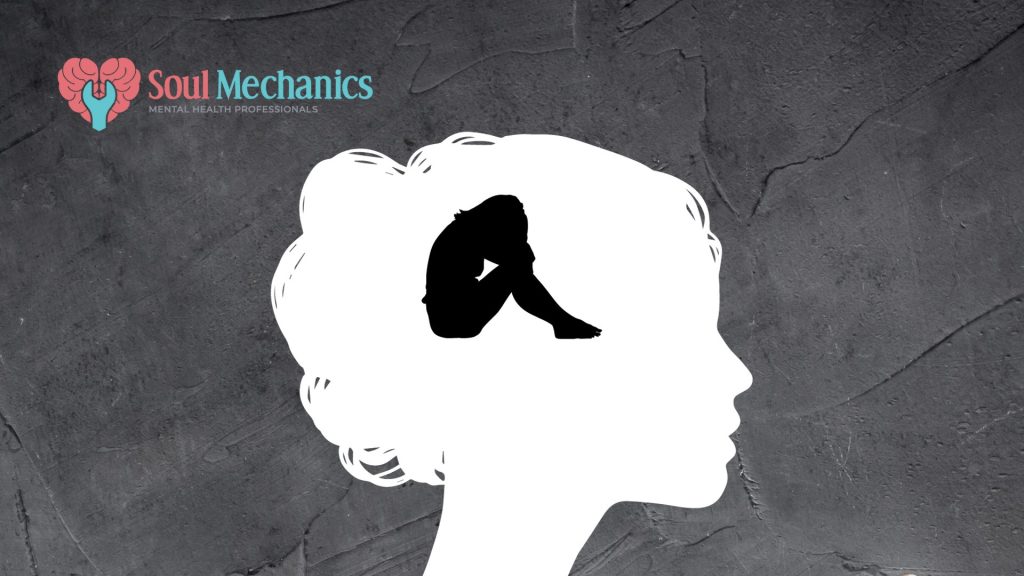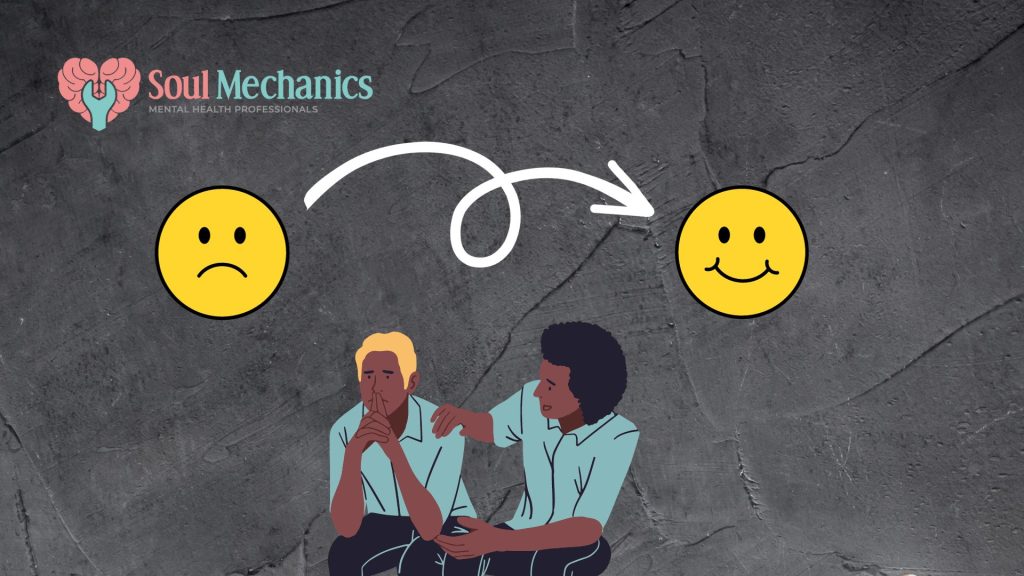Grief: Disefranchised Grief
Grief: Disefranchised Grief
Grief is usually defined as the heart-wrenching feeling experienced after a significant loss, usually the death of a loved one. No, grief is not confined to the shadow of death alone; one would also grieve or mourn over the loss of a relationship, experiencing disability, or loss of job. But, the question is, are we confined to only grief on the losses that the society sanctions are valid to mourn over? Are other losses like failed IVF (in-vitro fertilization) attempts, friendship breakups, loss of a faithful pet, and shattered dreams not valid to grief? Are they meant to be sad for a short period of time and move on as they are not significant to be grieved and may even be made fun of by society to grieve over the assumed ‘petty’ things?
When we lose something or someone we love, we mourn; it is a part of nature. But what if guilt pokes your soul when you grieve? Maybe your mind whispers that you shouldn’t grieve for small matters. It makes you wonder ‘Am I overreacting?’ or ‘Am I too sad for a small issue?’. The society instilled by the illusion of grief makes one invalidate and question their own grief.

Disenfranchised Grief
‘Disenfranchised Grief’; is a fancy term to refer to grief that is not openly acknowledged and suppressed by society. It is also known as hidden grief or pain that is often not understood or minimized by others.
Below are a few examples of:
- Loss of unrecognized relationships (online friend, casual partner, ex-partner, non-primary partner, etc.).
- Loss of home country, independence, safety, health, etc.
- Loss of perceived ‘insignificant’ people (mentor, idol, client, co-worker, etc.).
- Adoption that didn’t go well.
- Loss of a loved one who was convicted of a crime.
- Miscarriage or stillborn baby.
- Experiencing mental health concerns or loss of cognitive functioning.
- Loss of a pet.
When someone experiences disenfranchised grief, they will be facing various difficulties. This is simply due to the lack of validation and empathy towards disenfranchised grief. One would usually be stigmatized, shamed, blamed, or silenced in their grieving process. Below are several instances of it affects one:
1. Suppressed Emotions
One may suppress their emotion in an effort to conform to societal expectations, leading to deteriorating physical and mental health. Unacknowledged and buried grief would often show up through anger outbursts, burnout, nervous breakdowns, anxiety/panic attacks, etc.
2. Self-Blaming & Self-Labeling
When one’s grief is minimized by the societal rule book, one tends to question oneself and the validity of their pain. They internalize the invalidation and often label themselves as sensitive, overreacting, weak, etc., and blame themselves for feeling certain pain for a long time span, which further intensifies their suffering.
3. Withdrawal & Isolation
Grief; when being misunderstood or dismissed, leads one to feel lonely and not accepted. They may feel that no one understands them and they have none to turn to during pain, causing them to socially withdraw themselves and isolate themselves in loneliness. Isolation further escalates one’s emptiness and pushes them toward unhealthy coping.
4. Invisibility
Similar to isolation, one may also feel invisible due to disenfranchised grief, further affecting their sense of self-esteem and self-worth. For instance, due to society’s reluctance and marginalizing mental health discussion, suicidal survivors may feel further shamed, and silenced in their mourning process.
5. Avoidance Coping
When constantly being invalidated, one may also resort to unhealthy coping strategies (e.g., work, substance, self-harming, sex, extreme activities, etc.) to numb and avoid the pain of disenfranchised grief. This type of coping may lead to other negative consequences and deteriorate one’s relationship with others as well.
6. Loss of Trust
Sometimes all a grieving person needs is a shoulder to lean on without terms and conditions being applied. When our loved ones are the one who invalidates our grief, it erodes trust in the relationship, leading to a sense of betrayal and loneliness.
7. Long-Term Impact
The effects of disenfranchised grief may stay longer than one assumes it to be. Sometimes, it also tags along with us as an invisible baggage that often disrupts our physical and mental health. If it is constantly being unaddressed and suppressed, it can affect one’s interpersonal relationships, work, personal growth, and quality of life.
8. Lack of Closure
Most of us seek closure when something unexpected, especially in relationships. Disenfranchised grief often also involves unresolved losses, such as the end of non-binary relationships or missing person cases. The lack of closure can make the process of grieving even more painful and one may find it difficult to find a sense of acceptance and peace.

Why we should normalize other grieves?
Thus, is it essential to recognize and normalize grief, no matter what form it comes in, is legitimate and valid. Normalizing ‘Disenfranchised Grief’ should be a collaborative effort from the society as a step to foster a more empathetic and inclusive society. By addressing and acknowledging the various grief, we can dismantle the societal stereotype and marginalization of the less recognized grieves and losses. Let us not limit ourselves to only converse about ‘assumed’ major grieves that are ‘assumed’ to be worth grieving and giving shoulders of support on. Let us also encourage open discussions and empathy on broader conversations around grief such as loss of dreams, non-binary relationships, pets, etc.
In the current scenario of the constant stigma that surrounds ‘Disenfranchised Grief’, therapy plays a vital role in the normalization process of these types of grief by providing one with a safe and validating space to understand their pain and mourn over it without the fear of being judged or dismissed. One would also gradually develop healthy coping skills to deal with their grief through the assistance of a trained therapist. In addition, therapists who are trained in grief can further empower one to navigate through their painful experience and gradually work on their emotional healing journey fostering their overall well-being.
Conclusion
In short, ‘Disenfranchised Grief’ is a profoundly human experience that needs our understanding and empathy. Just like how we are diverse individually, let us also embrace grief that comes in various forms. Let us not confine mental health or grieve with checklists or labels. Let us put our hands together to normalize the shadows of unrecognized pain and grief, creating a community that embraces ‘Disenfranchised Grief’ with open hearts and minds.
“There is never a small or big pain. Everyone’s pain is valid and significant.”
Now that you have learned what is Disenfranchised grief, why not learn the real meaning of depression as well?
You can read through the blog here.
For more content related to mental health do follow us on our official Instagram.


Comments (2)
Meaningful content 👍👍 Well explained about Disenfranchised Grief👏
Thank You